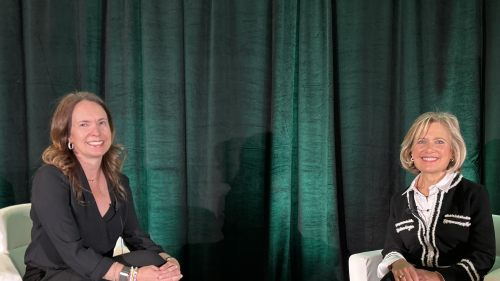While the economy shows signs of recovery, developers and investors ask what the residential real estate will look like in the upcoming decade. Even before the housing crash, popular press wrote extensively on how the Boomers and Generation Y were revolutionizing housing demand. Even though research has shown a mutual desire for housing in urban areas, there are still many obstacles that will hinder this new market.
“What people want will be substantially different than in the past,” said ULI senior resident fellow for housing, John McIlwain, during a ULI Fall Meeting panel discussion. “The question is: What will these generations be able to buy?”
The panel offered their responses and provided insights to McIlwain’s recent publication, Housing in America: The Next Decade. This publication, published in early 2010, stated that the old “normal” in housing would not return once markets stabilize. According to the report, those commercial real estate professionals who fail to understand the new trends “will miss opportunities or find themselves building what is no longer in demand.” These trends will emerge from four demographic groups:
- Older baby boomers
- Younger baby boomers
- Generation Y
- Immigrants and their children
McIlwain expects that younger Boomers might experience difficulty selling their current suburban homes, creating a hurdle in being able to relocate. In addition, Generation Y will delay homeowning, opting for rentals, while immigrant families might find suburban housing affordable even after current declines in pricing.
Speaker Charles Hewlett, managing director of RCLCO/Robert Charles Lesser & Co., provided insights to how the Boomers will retire. He higlighted that this group comprises 27% of the population and so how they retire will significantly drive housing. According to Hewlett, this group is looking for “safer urban” that is located in an outer city ring, but not as far out as the outer ring suburbs. In addition, he sees the Carolinas as the “new Florida” in regards to those Boomers who are fortunate enough to finance a move to a warmer retirement destination.
“The challenge for us is how to provide these demographic groups with housing that is affordable in the location they want to live,” said Hewlett. To compound the problem, Hewlett says that many Boomers will find difficulty relocating since they might find a small market for those willing to buy their McMansion.
Panelist Marty Jones, president of Corcoran Jennison Companies, provided the discussion with the developer perspective.
“There will be a lot of renters in the market, at all levels,” said Jones. “Young people see the financial struggles associated with the lifestyles of older generations, so they will drive development in areas that have pizzaz. These will be near transit, likely have a historica aspect, and will be mixed use.”
Hewlett also addressed the need for housing professionals to pay attention to women. He pointed out that buying power has increased with younger generations of women. Younger women currently outpace Generation Y men in education level and ability to live on their own. He insisted that the industry focus on what these women want and the type of neighborhood they choose to live.




